This deliciously dark take on the beloved Brothers Grimm fairy tale, appealing to audiences of all ages, was part of the Met’s popular English-language holiday series. Alice Coote and Christine Schäfer star as the famous siblings lost in the woods, who battle the ravenous Witch—a zany portrayal by tenor Philip Langridge—while the Met orchestra, under the baton of Vladimir Jurowski, glories in the rich, folk-inspired score.
Related Movies
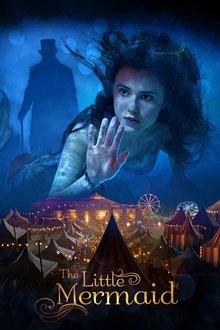
The Little Mermaid (2018)
A young reporter and his niece discover a beautiful and enchanting creature they believe to be the real little mermaid.
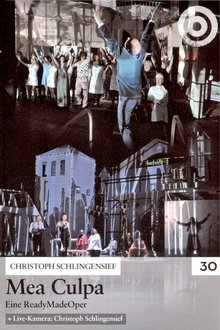
Mea Culpa – A ReadyMadeOpera (2009)
In Mea Culpa, Christoph Schlingensief blurs a delicate line: he ignores the threshold that separates the healthy from the sick. By making his cancer the subject of an opera, premiering on the largest German-speaking theater, he is putting the art district under pressure: a wonderful institution like the Burgtheater must use its artistic resources lavishly to reveal the entire "truth" about us humans. At the end of the day, when the scenery on Janina Audick's revolving stage has finally come to rest, when Isolde's last Liebestad has been sung enchantingly beautifully by Elfriede Rezabek and indescribable jubilation breaks out, then Schlingensief is completely alone with his illness.
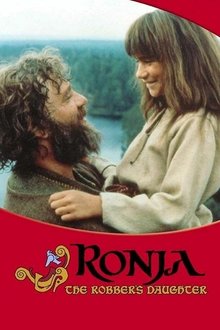
Ronia: The Robber's Daughter (1984)
Ronia lives happily in her father's castle until she comes across a new playmate, Birk, in the nearby dark forest. The two explore the wilderness, braving dangerous Witchbirds and Rump-Gnomes. But when their families find out Birk and Ronia have been playing together, they forbid them to see each other again. Indeed, their fathers are competing robber chieftains and bitter enemies. Now the two spunky children must try to tear down the barriers that have kept their families apart for so long.

Amadeus (1984)
Disciplined Italian composer Antonio Salieri becomes consumed by jealousy and resentment towards the hedonistic and remarkably talented young Salzburger composer Wolfgang Amadeus Mozart.
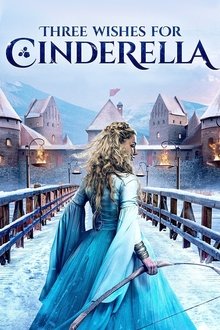
Three Wishes for Cinderella (2021)
Popelka, a resourceful and independent young girl, is a servant in her stepmother's house and confides in her closest friend the owl. When she comes across three magical acorns, she's granted a single wish for each one of them.
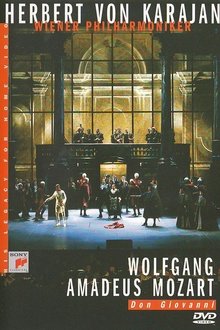
Don Giovanni (1987)
Live performance from Salzburger Festspiele in 1987. Herbert von Karajan conducting the Wiener Philharmoniker and Wiener Staatsopernchor. Stage director Michael Hampe. Starring Samuel Ramey and Anna Tomowa-Sintow.
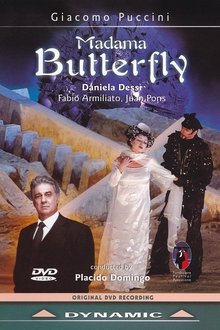
Madama Butterfly (2004)
Japan, early twentieth century. U.S. Navy Lieutenant B.F. Pinkerton inspects the house he has leased from a marriage broker. The broker, Goro, has procured him three servants and a geisha wife, Cio-Cio-San, known as Madama Butterfly. He is enchanted with the fragile Cio-Cio-San. Cio-Cio-San is heard in the distance joyously singing of her wedding. In a quiet moment, Cio-Cio-San shows her bridegroom her few earthly treasures and tells him of her intention to embrace his Christian faith. The Imperial Commissioner performs the wedding ceremony, and the guests toast the couple. The celebration is interrupted by Cio-Cio-San's uncle, a Buddhist priest, who bursts in, cursing the girl for having renounced her ancestors' religion. Alone with Cio-Cio-San in the moonlit garden, her husband dries her tears, and she joins him in singing of their love.

Candide (2005)
Candide falls in love with the beautiful but materialistic Cunegonde. Her barron father doesn't approve of the affair so Candide wanders, meeting all the misfortunes along the way.
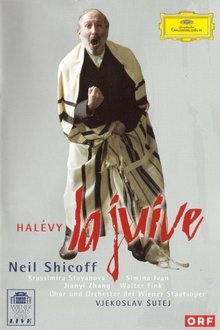
La Juive (2003)
Live performance from Wiener Staatsoper, 2003. Vjekoslav Šutej conducting Chor und Orchester der Wiener Staatsoper. Stage director Günter Krämer.

Spící princ (1985)
Let's go to the kingdom, where a ball is being held, where the most beautiful prince is to get engaged to the richest princess. But he only thinks about himself, and she only thinks about what she owns. However, at the engagement party, the irresistible dancer Juanita appears, flatters the prince, and the two flee the castle together. But before that, the prince sends the Wise Man to prison for creating a statue of him out of stone instead of gold. The Wise Man's daughter decides to ask the prince for her father's freedom. The Wise Man brings the prince's statue to life so that it can rule for him. And the two meet...
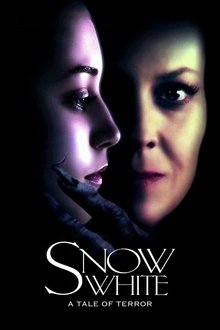
Snow White: A Tale of Terror (1997)
When young Lili's mother dies in childbirth, her father remarries Lady Claudia, a woman ruled by an evil mirror with the power to make her queen of all living things. After escaping an attempt on her life, Lili finds herself lost in a dark forest, where living happily ever after seems unlikely.
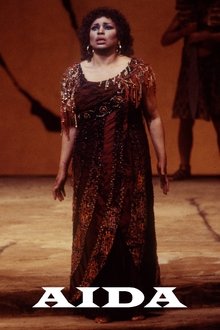
Aida (1985)
This was one of the most emotional evenings in Met history—the night Leontyne Price bid farewell to opera. Aida is the role that inspired audiences around the world to acclaim her as the greatest Verdi soprano of her time. And this telecast shows why: the famous soaring phrases that seemed to never end, the shimmering top to her lustrous voice, undimmed by the years. But most of all, there is the ennobling heart and soul Price lavished on every performance—captured here forever. With James Levine conducting the Met orchestra, chorus, and ballet.
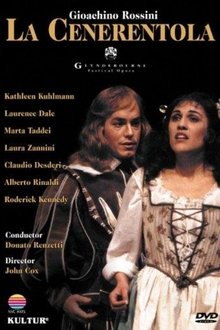
Rossini: La Cenerentola (1983)
La Cenerentola is Gioachino Rossini's version of the popular Cinderella story, an exciting mixture of comedy, pathos, coloratura fireworks and masquerade. This Glyndebourne production by John Cox captures perfectly the fairy-tale spirit of the piece, matched by Allen Charles Klein's imaginative scenery, distorted like three-dimensional cut-outs in an old-fashioned story book.
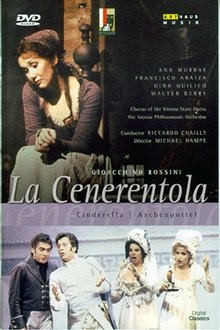
La Cenerentola (1997)
A timeless tale told in a florid bel canto style, Rossini’s take on the Cinderella story offers an ideal propellant for a virtuosic mezzo-soprano to rocket from rags to riches. But in this retelling, the supporting characters soar just as high: Cinderella’s Prince, her stepfather, and the Prince’s valet are given memorable arias, and the composer rounds out his score with ingenious ensemble flourishes. A vivacious masterpiece, La Cenerentola brings stock fairy tale characters to dazzling life.
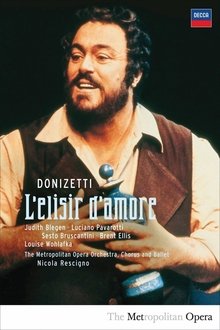
L'Elisir d'Amore (1981)
The Metropolitan Opera performance of L'Elisir d'Amore is conducted by Nicola Rescigno and features Luciano Pavarotti in the title role. Donizetti's graceful melodies have long endeared his L'Elisir d'Amore to operatic audiences and performers alike. Judith Blegen, Louise Wohlafka, Luciano Pavarotti, Nicola Rescigno, Sesto Bruscantini.
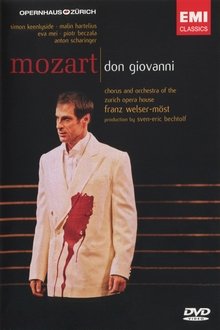
Don Giovanni - Zurich (2006)
Live performance Zürich, May and July 2006. Modern dress performance which generated mixed reactions.
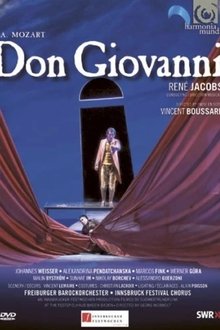
Don Giovanni live at the Innsbrucker Festwochen (2006)
Live performance filmed at the Innsbrucker Festwochen on 6 October 2006 at the Festspielhaus in Baden-Baden of Wolfgang Amadeus Mozart's opera Don Giovanni. Marcos Fink, Werner Güra and Alexandrina Pendatchanska perform as the principals, while the Freiburger Barockorchester and the Innsbruck Festival Chorus provide accompaniment. Georg Wübbolt directs.